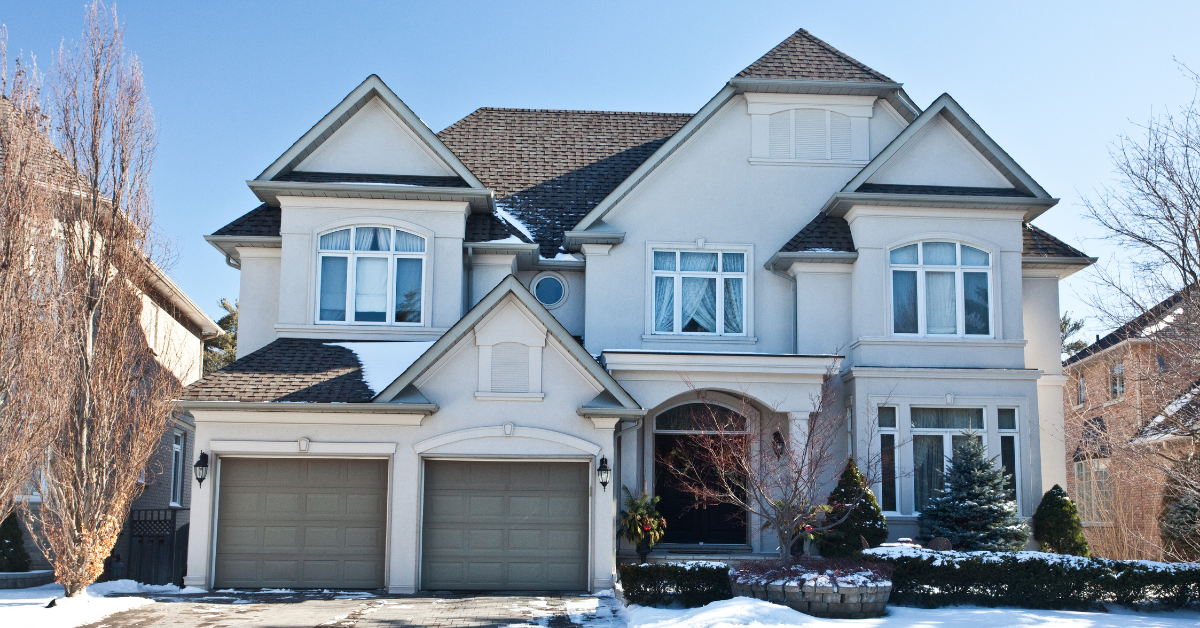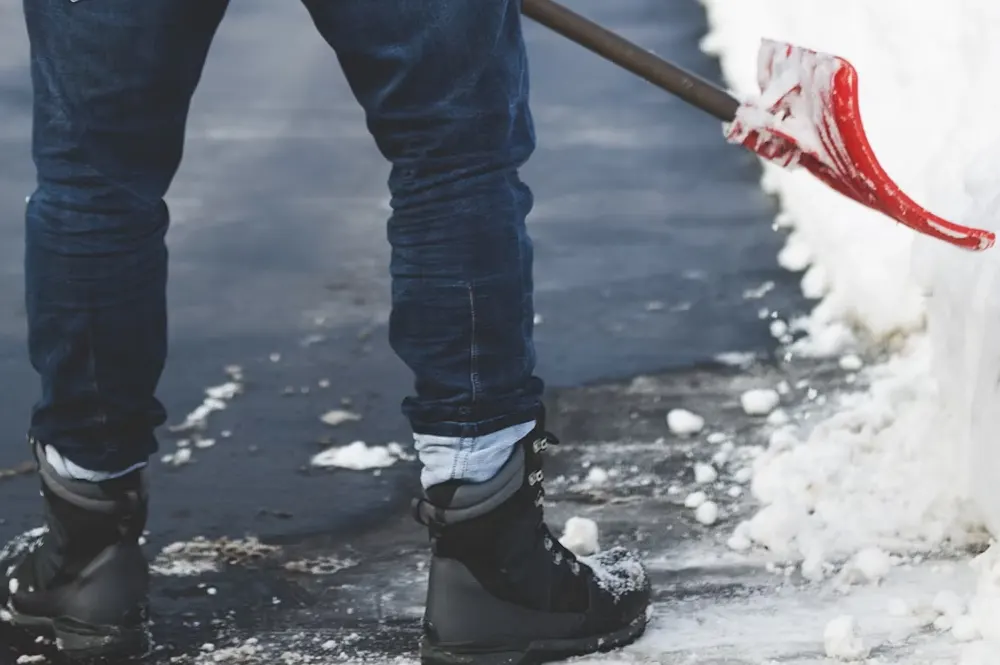- Look for and seal any areas where heat may escape from your home, especially around windows and doors.
- Use a programmable thermostat to automatically lower the temperature when you are away from home.
- Check the temperature setting of your water heater and insulate it to prevent heat loss.
- Ensure that your vents and radiators are not blocked. This will allow warm air to circulate through your home freely.
- Open window curtains and blinds during the day to let the sunlight warm your home, and close them at night to keep the heat from escaping.
- Check your furnace filter and replace it if dirty.
- Have all HVAC systems inspected by a professional before winter, and repair any leaky ductwork
- Shut the doors and close the vents to rooms that you are not using. Doing so will allow you to heat the rooms that are in use more efficiently.
Consider Other Sources of Energy Waste
There are other small ways that energy can be saved to reduce bills year-round. Consider taking shorter showers, fixing leaky faucets, using energy-efficient LEDs instead of incandescent light bulbs and unplugging electronics when they are not in use.
For more personal risk management guidance and homeowners insurance solutions, contact us today.








